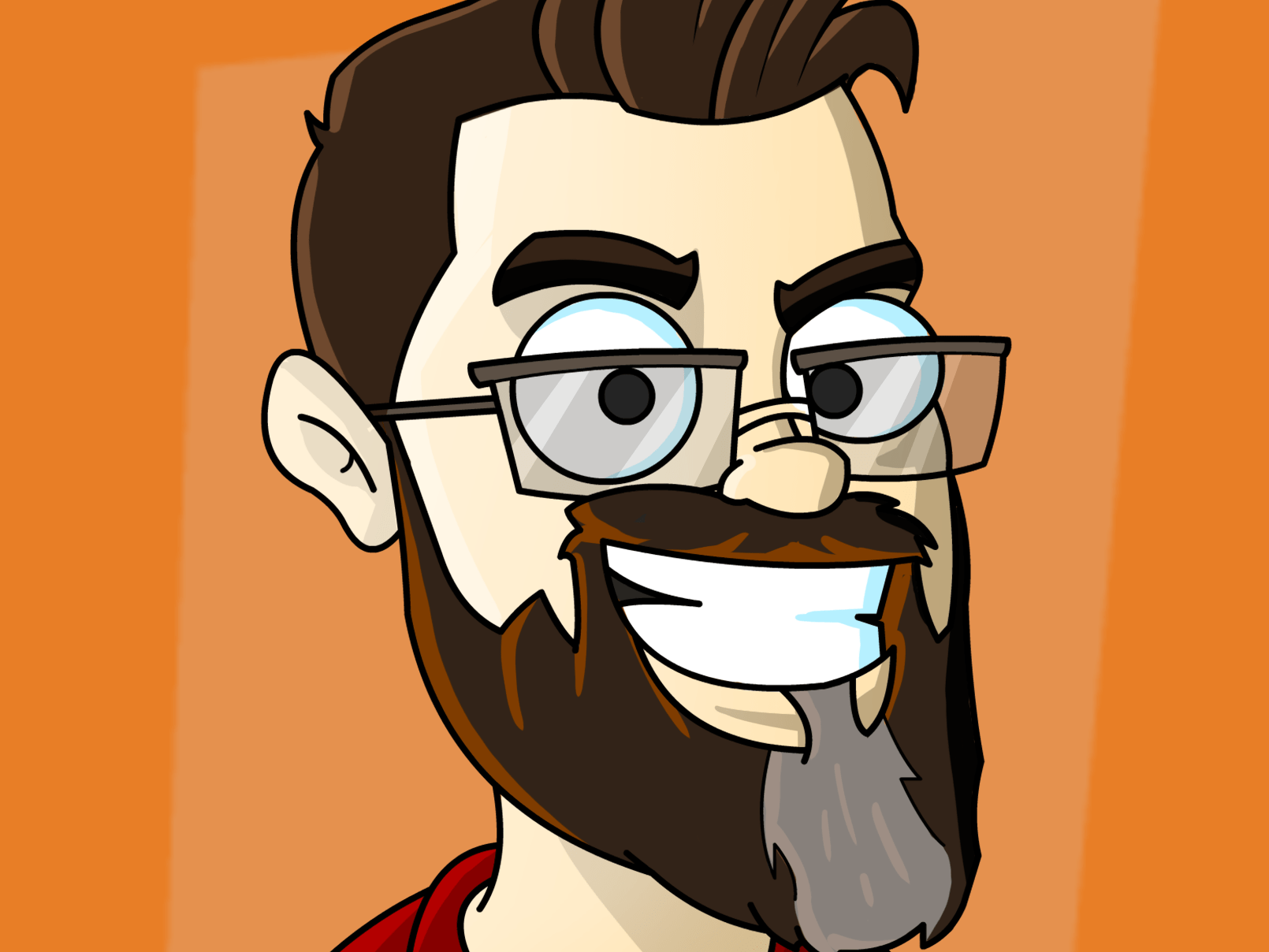Sets lie empty, crews have been sent home and actors wait in limbo until they can return to their jobs. Film and television producers all over the world were forced to down tools due to the Covid-19 lockdown. Except for one sector. Animators continue to work through the pandemic, producing stories and content. The nature of the work makes it much more feasible to do remotely. Whether the animators are working on a hand-drawn or computer-generated animation, it can all be done in one location. Some studios, such as Jam Media, are even providing equipment to use at home and…
Cancel at any time. Are you already a member? Log in here.
Want to read the full story?
Unlock this article – and everything else on The Currency – with an annual membership and receive a free Samsonite Upscape suitcase, retailing at €235, delivered to your door.

